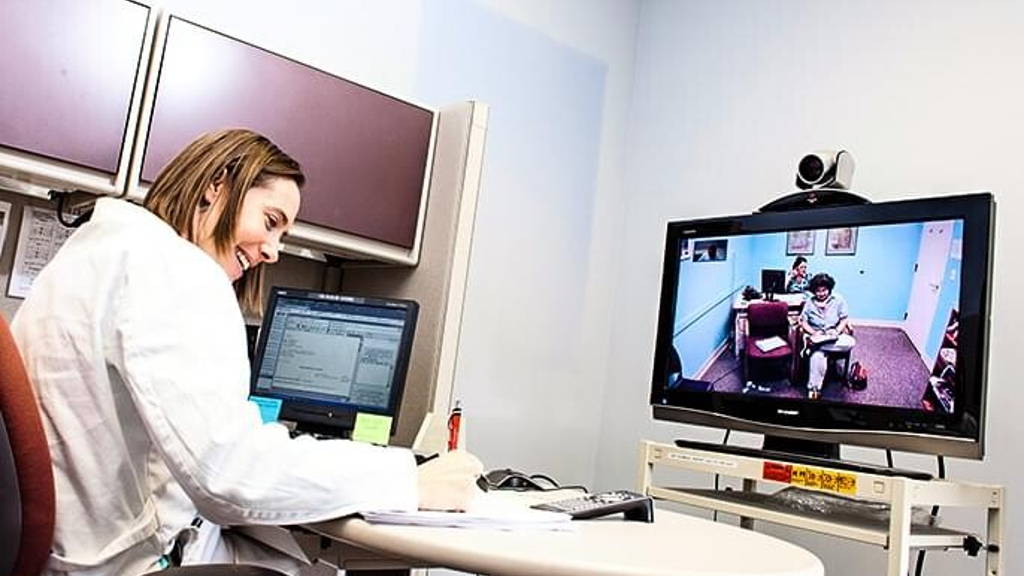It is expected that telemedicine will increasingly replace direct care in the future. Most research is focussed on regulations and health care providers. Patients, however, will experience changes as well. The research team of UC Davis decided to focus their research on them: which environmental and travel costs will they experience when using health care? They made use of clinical records at the University of California Davis Health System (UCDHS) between July 1996 and December 2013.
This means that telemedicine saved 156 dollars, 278 miles and 245 minutes of travel time per consultation. The savings were calculated by comparing the travel time to a telemedicine centre with the time it would take to travel to UC Davis for specialty care.
Local physicians could also benefit from telemedicine: it could be a way to further educate themselves with the help of medical specialists.
UC Davis has been offering telemedicine since 1992 and now has over 150 locations. UC Davis hopes to enhance patient care through telemedicine. Although UC Davis and others are very positive about telemedicine, there are some organisations that still have some doubts. Recently, a Rand Corporation study showed that telemedicine might be resulting in more frequent use of health care.
Environmental and travel costs savings
The researchers analysed the use of telemedicine during 19.246 consultations. In total, using telemedicine saved almost five million miles, nine years of travel time and a total direct travel cost savings of 3 million dollar. Telemedicine had a positive effect on the environment as well: it saved almost 1969 metric tons of CO².This means that telemedicine saved 156 dollars, 278 miles and 245 minutes of travel time per consultation. The savings were calculated by comparing the travel time to a telemedicine centre with the time it would take to travel to UC Davis for specialty care.
All of the U.S. could benefit
Researcher James Marcin states that although the study was carried out regionally, the results could reflect all rural areas of the U.S.. A lot of patients live in rural areas, where there is hardly any public transport. Medical centres are thus not that easy to reach for a lot of patients. Telemedicine, for them could be a way to still receive proper care.Local physicians could also benefit from telemedicine: it could be a way to further educate themselves with the help of medical specialists.
UC Davis has been offering telemedicine since 1992 and now has over 150 locations. UC Davis hopes to enhance patient care through telemedicine. Although UC Davis and others are very positive about telemedicine, there are some organisations that still have some doubts. Recently, a Rand Corporation study showed that telemedicine might be resulting in more frequent use of health care.








